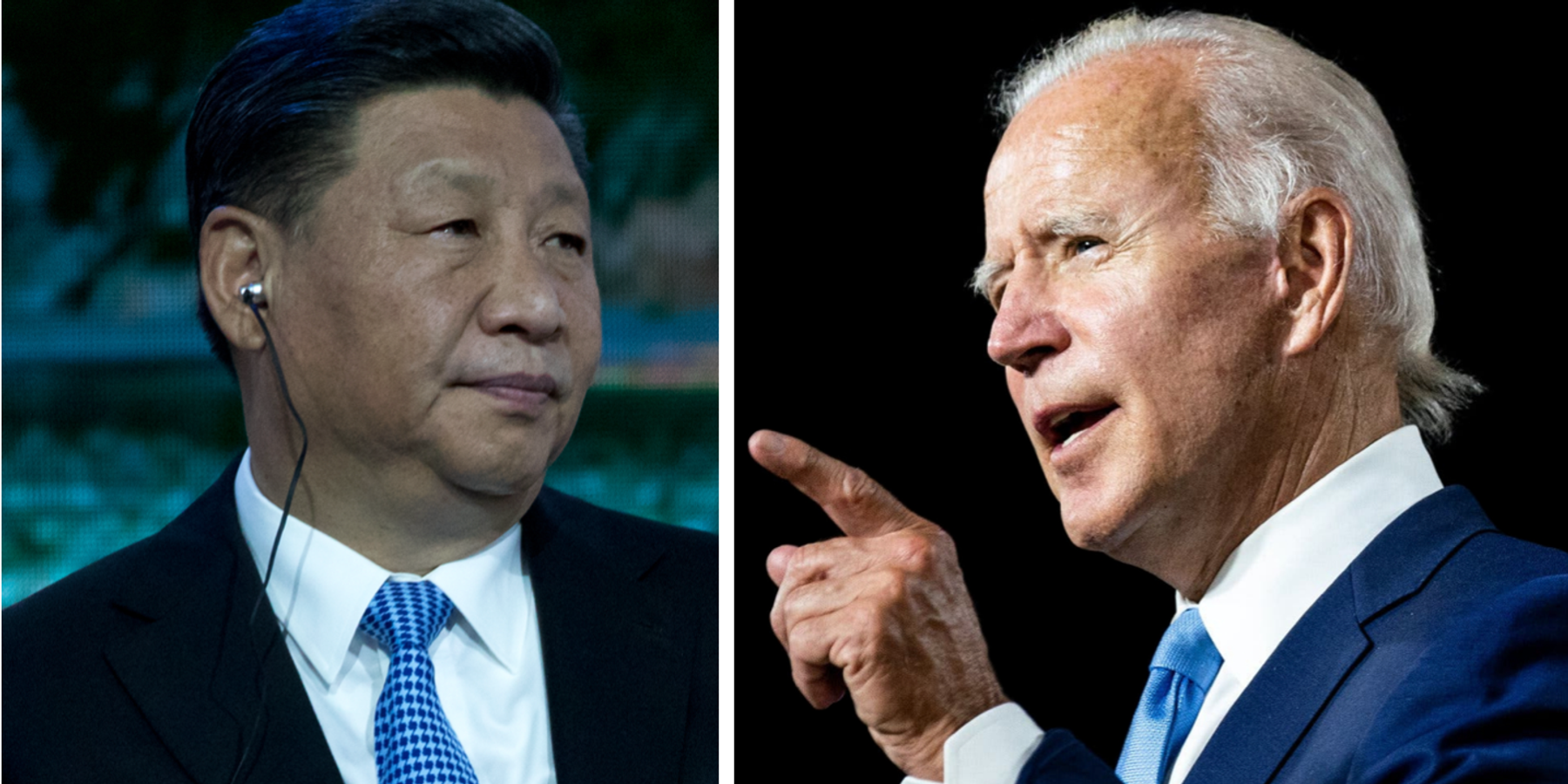Secretary of State Antony Blinken recently testified before the Senate Foreign Relations Committee where he tried, and failed, to sell the Biden administration’s spin that it is delivering for the American people by being tough on China.
The reality is that the Biden administration’s China policy is a disaster for U.S. security and prosperity. President Biden seems content to sacrifice peaceful relations and the benefits of trade with China for short-term political advantages that come with insisting that China be an enemy of the United States. Unfortunately, Secretary Blinken’s testimony left little hope that change is coming anytime soon.
In April, Secretary Blinken traveled to Beijing to rebuke China’s President Xi Jinping and Foreign Minister Wang Yi. America’s top diplomat proceeded to take China to task for supporting Russia’s war effort in Ukraine, claiming that China’s sale to Russia of various dual-use items—those that can be utilized for commercial or military purposes—such as semiconductors, machine tools, and telecommunication equipment, was the reason for the continuation of the war in Ukraine.
Talk about hypocrisy. While the United States accuses China of prolonging the war, Washington obstructed a potential peace agreement between Russia and Ukraine in March 2022. The United States has perpetuated the war by arming Ukraine with tens of billions of dollars’ worth of weapons and equipment, all while admitting China is not sending any weapons to Russia. The Biden administration also refuses to define what victory looks like. Ukraine’s stated war aims, which includes the expulsion of all Russian troops and the reclamation of all territory, is increasingly questioned by European leaders. Czech President Petr Pavel, the leader of a fellow NATO member and the former Chairman of the NATO Military Committee, recently went as far as calling those war aims naïve.
Nevertheless, if Washington truly wanted to halt Beijing’s commercial relationship with Russia, do we really think our sanctimony, including scolding Chinese officials in their own capital, is going to prompt them to alter their behavior in any manner favorable to U.S. interests? Effective diplomacy requires give and take, yet the Biden administration simply demands China comply with our directives and threatens to impose sanctions and tariffs if they don’t.
But America’s top diplomat is willfully blind to opportunities to improve relations with China. I asked Secretary Blinken if he believes more lectures, sanctions, and tariffs will get China to change its behavior. His answer was telling: “If they don’t engage in the conduct that we object to, then we’re not going to be using those tariffs or using those sanctions.”
China largely approaches its foreign policy in a transactional manner, which should present us with chances to genuinely negotiate with Beijing to achieve our objectives. One can easily imagine removing sanctions and tariffs in exchange for a reduction in Chinese dual-use exports to Russia. The Biden administration has indicated no desire to entertain such an offer. Instead, the president is content to allow politics to drive policy.
Just look to his reversal on the issue of tariffs. In June 2019, then-presidential candidate Joe Biden tweeted, “Trump doesn’t get the basics. He thinks his tariffs are being paid by China. Any freshman econ student could tell you that the American people are paying his tariffs.” This statement was true in 2019, and it remains true in 2024. Tariffs are simply a tax on the American consumer, and their imposition is estimated to increase costs for the average American household by over $830 per year.
President Biden not only kept Trump’s tariffs in place, but recently raised tariffs on an additional $18 billion worth of Chinese imports. So much for not knowing the basics.
On the issue of Taiwan, the most sensitive matter in the U.S.-China relationship, President Biden falsely stated on four separate occasions that the United States is obligated to defend the island. For over four decades, the official policy of the United States, codified into law by the Taiwan Relations Act, has been one of “strategic ambiguity” in which the United States is not committed to the defense of Taiwan but maintains the capacity to do so.
President Biden’s reckless bellicosity demonstrates his willingness to abandon a policy that has kept the peace with China for his own political benefit.
The American people should be aware of the costs they might have to pay for President Biden’s tough guy act. A recent wargame estimates that the first three weeks of a U.S. intervention on Taiwan’s behalf would cost the lives of some 3,000 American troops, two aircraft carriers, 10-20 warships, and 200-400 warplanes. In just three weeks, the United States would suffer about half as many casualties as it did in 20 years of war in Iraq and Afghanistan.
President Biden’s total disregard for long-held U.S. policy, and his repeated claims that the United States fight a war against another nuclear power without bothering to ask the American people through their elected representatives in Congress whether they think it is worth the costs, is inexcusable.
The president must prioritize the national interest above political expediency. China is poised to remain a formidable economic and military power. If we want to ensure our children and grandchildren inherit a secure America abound with economic opportunity, then a stable, working relationship with China, guided by mutual respect and good faith diplomacy, must be pursued.
















